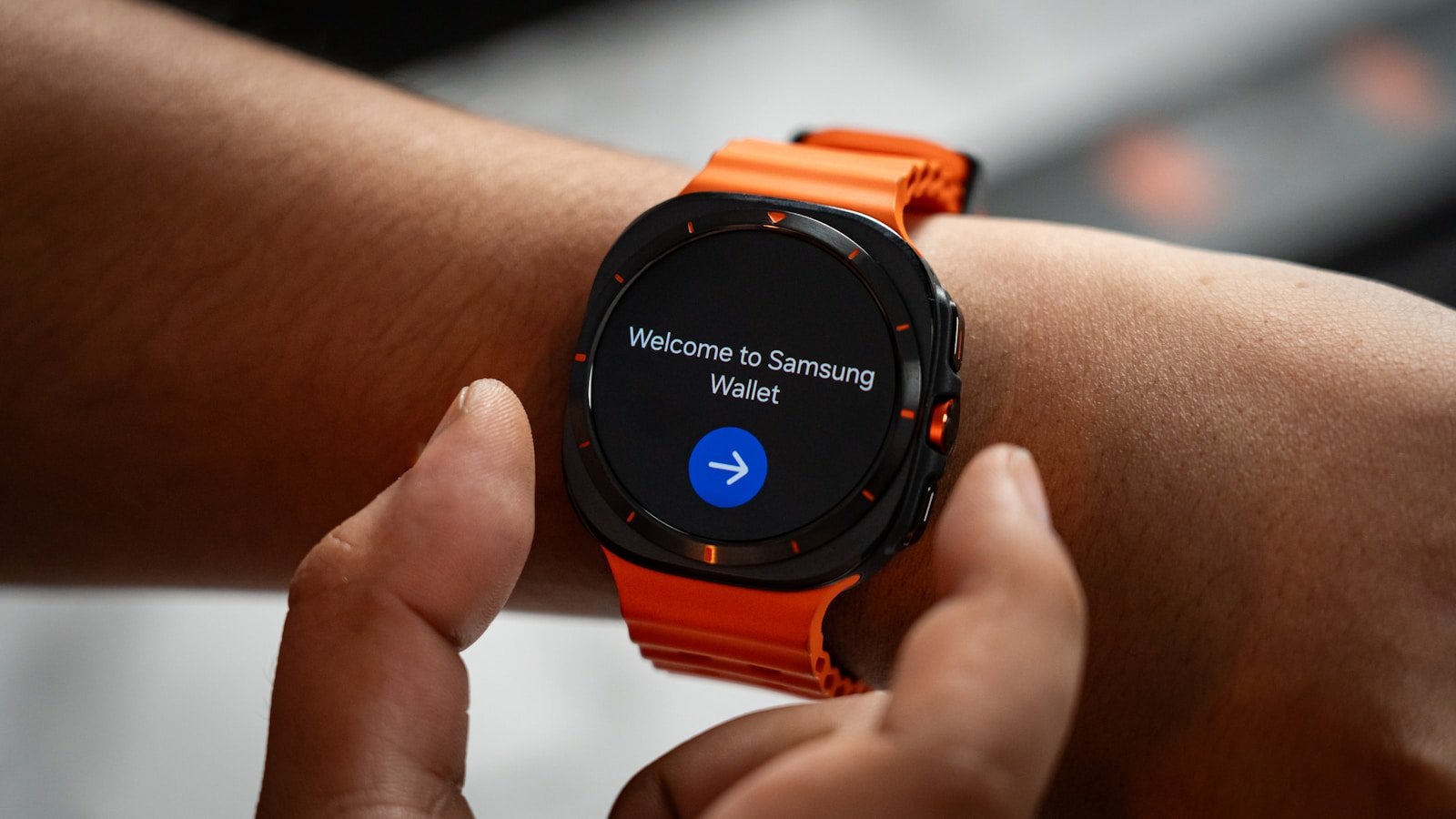With the increasing reliance on smartphones for daily tasks, the use of digital wallet applications has skyrocketed. Samsung Wallet is one such application that has gained attention for its ability to store digital versions of items like credit cards, IDs, and even keys. As payment technologies evolve, security remains a critical consideration for users. Samsung Wallet employs various security features to safeguard user information. It uses encryption and tokenization to protect credit card information during transactions, ensuring that payment details are not exposed.
A key concern for many is whether digital wallets like Samsung Wallet offer a level of security comparable to traditional payment methods. Samsung Wallet promises to keep user data secure by not storing or sharing card numbers and by requiring authentication for access. Users have the convenience of making payments with just a tap, backed by robust security measures. For those needing to carry digital keys or access boarding passes, the application provides a single, secure location for these essentials.
The app’s design is not only to enable secure payments but also to manage and use other forms of digital identification and membership cards efficiently. This functionality underscores the versatility of digital wallets in today’s increasingly digital transaction environment.

Is Samsung Wallet Safe? Assessing Security for Mobile Payments
Samsung Wallet (formerly Samsung Pay) is Samsung’s digital wallet and mobile payment platform, designed to store payment cards, digital keys, tickets, and IDs securely. Given the sensitive nature of financial data, many users wonder: Is Samsung Wallet truly safe?
The short answer is yes — Samsung Wallet is considered highly secure, thanks to multiple layers of protection including tokenization, biometric authentication, and Samsung Knox security.
🔐 Key Security Features
1. Tokenization
Instead of transmitting your actual card number during a transaction, Samsung Wallet uses a token — a random string of numbers that represents your card.
- This means your real card details are never shared with merchants or stored on Samsung’s servers.
- Even if a hacker intercepts the transaction, the token is useless without the proper cryptographic key.
(source: Samsung Support)
2. Samsung Knox Security Platform
Samsung Knox is a built-in, defense-grade security system that constantly monitors your device for threats such as malware or unauthorized access.
- It isolates sensitive data in a secure hardware environment.
- Knox also ensures that payment information cannot be accessed even if your phone is compromised.
(source: Samsung Support)
3. Biometric Authentication
Before any payment or sensitive action is approved, Samsung Wallet requires biometric verification (fingerprint or facial recognition) or a PIN.
- This prevents unauthorized use even if your phone is lost or stolen.
- Biometric data is stored locally on the device, not on Samsung’s servers.
4. No Card Data Stored on Device or Cloud
Samsung Wallet does not store your actual card numbers on your phone or in the cloud.
- Payment credentials are encrypted and stored in a secure element (SE) — a tamper-resistant chip separate from the phone’s main memory.
(source: FrugalTesting)
5. Remote Protection
If your phone is lost or stolen, you can use Find My Mobile to remotely lock or erase Samsung Wallet data. This ensures your financial information remains protected even if the device is compromised.
⚠️ Potential Risks and Limitations
While Samsung Wallet is highly secure, no system is completely immune to risk.
- Phishing attacks: Users could be tricked into revealing credentials through fake messages or websites.
- Device rooting or jailbreaking: This can disable Knox protection and expose sensitive data.
- Public Wi-Fi usage: Avoid making transactions on unsecured networks.
Practicing basic digital hygiene — such as keeping your phone updated and enabling strong authentication — significantly reduces these risks.
💳 Comparison with Other Wallets
| Feature | Samsung Wallet | Apple Pay | Google Wallet |
|---|---|---|---|
| Tokenization | ✅ | ✅ | ✅ |
| Biometric Authentication | ✅ | ✅ | ✅ |
| Hardware-Based Security | ✅ (Knox) | ✅ (Secure Enclave) | ✅ (Titan M) |
| Works with Magnetic Stripe Terminals | ✅ (MST + NFC) | ❌ (NFC only) | ❌ (NFC only) |
Samsung Wallet stands out for its Magnetic Secure Transmission (MST) technology, which allows payments even on older terminals that don’t support NFC.
✅ Final Verdict
Samsung Wallet is one of the most secure mobile payment platforms available today.
Its combination of hardware-based encryption, tokenization, biometric verification, and Samsung Knox provides strong protection for your financial data.
As long as users follow best practices — keeping their devices secure, avoiding suspicious links, and not rooting their phones — Samsung Wallet offers a safe and convenient way to pay digitally.
Sources:
- Samsung Support: How secure is Samsung Wallet?
- FrugalTesting: Samsung Pay Security
- LearnProTips: Samsung Pay Safety Overview
- CGAA: Is Samsung Wallet Safe for Mobile Payments
Key Takeaways
- Samsung Wallet provides a secure platform for digital transactions.
- It uses advanced security technologies to protect user information.
- The app functions as an all-in-one solution for payment and other digital essentials.
Security and Privacy
Samsung Wallet prioritizes keeping user data safe through multiple security measures including biometric authentication and advanced encryption. It also provides protocols to protect your information if your device is lost or stolen.
Authentication and Encryption
Samsung Wallet protects access to your information with fingerprint and PIN options. It gives you the choice to use what feels most secure and convenient. Your fingerprint recognition acts as a key to your digital wallet, ensuring only you can open it. For data protection, encryption translates your sensitive information into a secret code. Nobody can read your details without the correct key.
Samsung Knox and Secure Elements
Samsung Knox guards your device at the hardware and software levels. Think of it as a vault that’s tough for intruders to crack. A secure element chip adds another layer of protection. It’s a fortress for storing your digital ID and other private stuff like payment tokens. Wallets use tokens to mask your card numbers; it’s like sending a decoy so your real card details stay hidden.
Lost or Stolen Device Protocols
Losing your phone can be stressful. Samsung Wallet’s answer is the Find My Mobile service. It helps you find your lost device or remotely lock it down. You can secure your Samsung Wallet by locking it up tight until you get your phone back. Even if you can’t recover your phone, your digital IDs and payment info remain secure in the secure vault far from the wrong hands.







